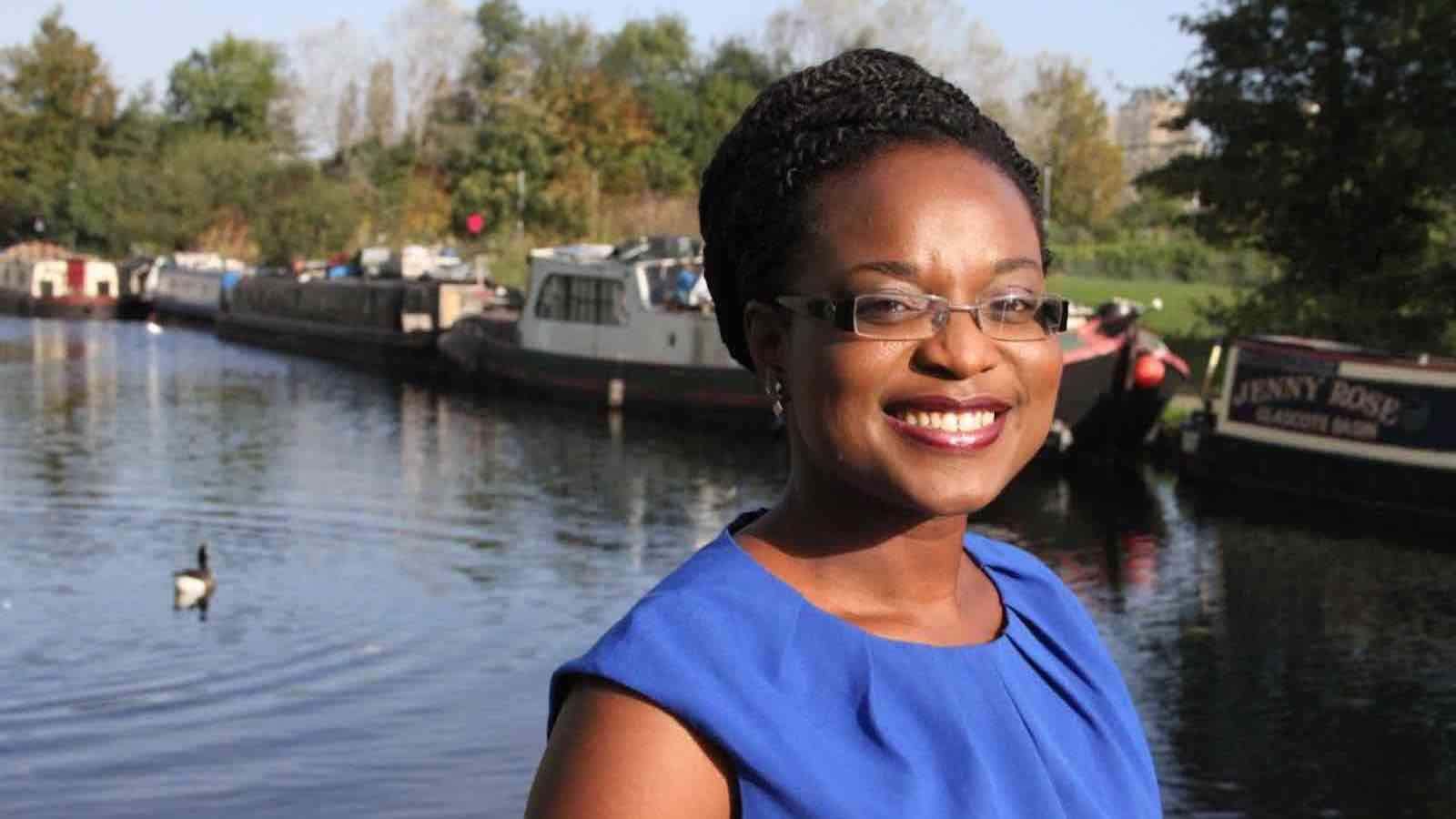
It’s not that the diverse talent isn’t there, it’s that people don’t know where to look for it, says Inspiring Board Leader of the Year, Dr. Doyin Atewologun
Dr. Doyin Atewologun recently won the Nurole-sponsored Inspiring Board Leader of the Year award at the Precious Awards, which celebrate the professional achievements of women of colour in the UK. Here she explains what more needs to be done to further board diversity.
Chartered Business Psychologist Dr. Doyin Atewologun has made pursuing a more diverse and inclusive leadership her life’s work. She is Director of the Gender, Leadership & Inclusion Centre at Cranfield School of Management; a founding member and Deputy Chair of the British Psychology Society’s Diversity & Inclusion at Work; is advising the NHS on an inclusive talent management strategy and is an Academic Adviser on the government-backed review led by Sir John Parker into ethnic diversity on FTSE 100 boards. On top of all of this, she has Visiting Fellow positions at Kings College London; Queen Mary University of London; the Lagos Business School, Nigeria; and the University of Pretoria, South Africa.
Here she explains how winning the Nurole-sponsored Inspiring Board Leader Award, at the Precious Awards was not just a personal honour and what more must be done to increase diversity across organisations.
What did winning the Precious Inspiring Board Leader Award mean to you?
It really was an honour to be considered and to receive it. I don’t mean to sound clichéd, but I was very aware that I was winning it in gratitude and recognition of the collective labour of the people who came before me. The award itself spotlights that these opportunities and this talent is there.
What do you think needs to be done to increase the diversity of boards further?
Everyone, but in particular chairs and executive search firms, need to challenge the trope that the talent isn’t there. A lot of people will say, ‘oh, we really want to increase the diversity of our board, but we just can’t find the right people.’
The challenge is in response to that we have to ask, well where have you looked? What questions have you asked? What qualifications or experiences are you saying you need? What is the evidence that those qualifications or experiences are really what we require? We need to disrupt the narrative that is being perpetuated by asking probing questions.
The other thing we must do is focus on being mindful about the pipeline. The research suggests that we are making reasonable progress with diversifying gender in non-executive roles and there are a small number of women of colour in those roles, where we need a lot more progress is in the pipeline within organisations. One of the challenges that we have in the gender space and in diversity generally, is that we do not sufficiently apply intersectional thinking.
By this I mean thinking about multiple identities at the same time, rather than single identities. So, when we look at gender within an organisation one of the things that we could ask ourselves is what kind of women are progressing? What kind of women are over or under-represented? Where are the different kinds of women in our business? That would provide additional insight into how gender and other identities interplay with each other and provide some opportunities for some types, rather than all types of women. This, of course, does not mean we shouldn’t ask those same questions regarding what types of men, too!
Are you in favour of commitments to improving diversity, such as the CEO Pledge, which began in America and is now catching on in the UK?
I think that anything that brings diversity into the narrative, that makes it a subject of conversation is helpful. At the minimum these sorts of initiatives bring these issues into awareness. There is a lot more work that needs to be done after awareness, but it makes it okay to at least talk about things, which is the first step. It raises the conversation and then the hope is that it galvanises people into real action.
What are you reading at the moment?
My Sister, the Serial Killer by Oyinkan Braithwaite
What would you say has been your biggest break?
Too many to mention – there have been people in my life who have just trusted who I am or who they see I can become and have stepped aside or propped me up to let it happen.
What is your favourite quote?
"Olu ke mi" – it’s a Yoruba phrase that loosely translates to mean "God takes care of me," but it’s a lot ‘heavier’ in meaning – there isn’t a real equivalent in English, but it reminds me as a Christian that ‘God’s got my back.’
What is your favourite holiday destination?
It will be Brazil, once I tick it off my bucket list. Otherwise I love travelling and anywhere I can learn about another culture, food, people and language is worth heading to.
What’s your favourite app?
Apple podcasts!
At what time does your alarm go off, and how much sleep do you get a night?
Between 5am and 6am depending on what I’m doing that day. I don't get enough sleep!
Nurole is the global platform changing the way organisations bring the best people on to their boards. Find out how it works for talented people looking for the best board level positions, and for organisations looking to hire the best board level talent.





